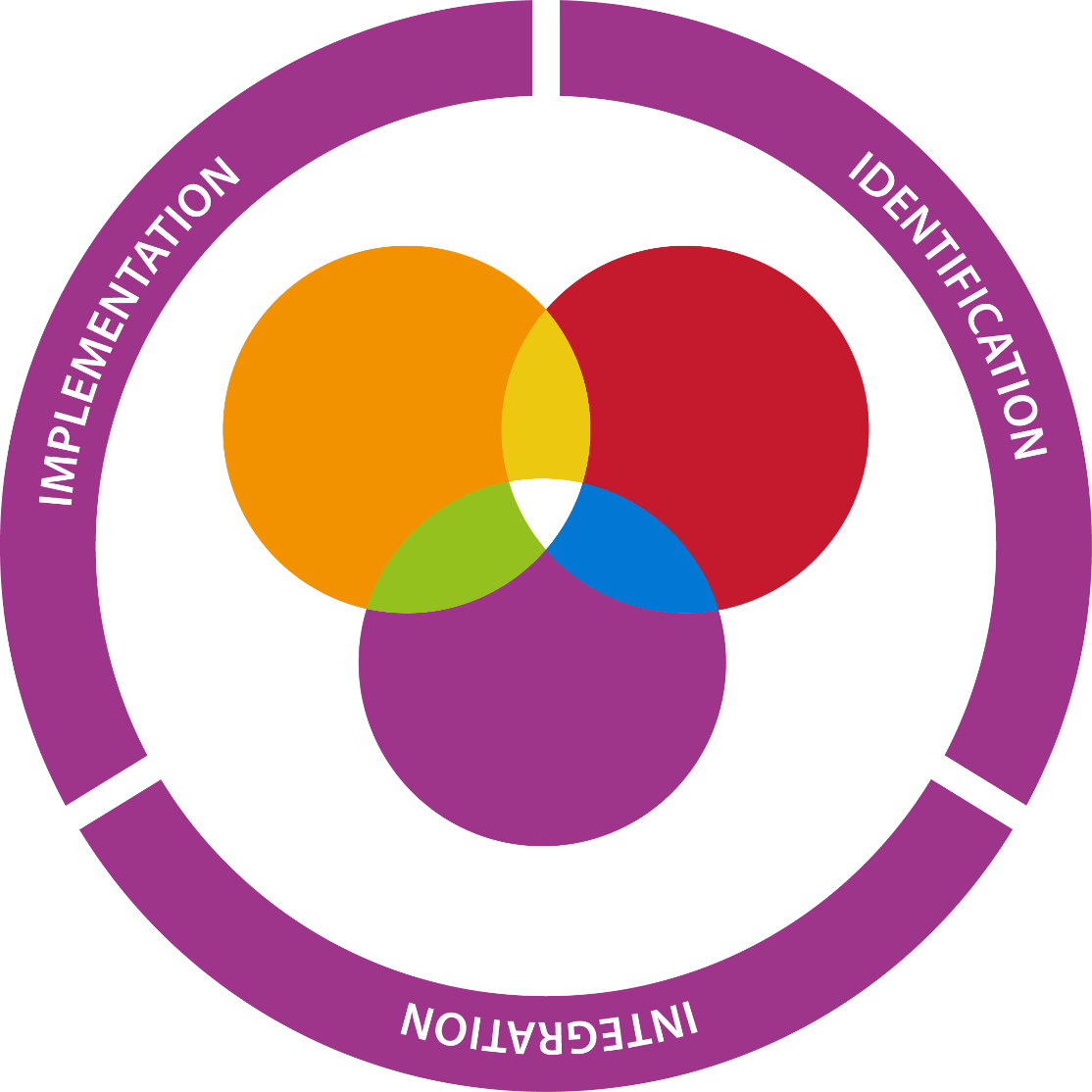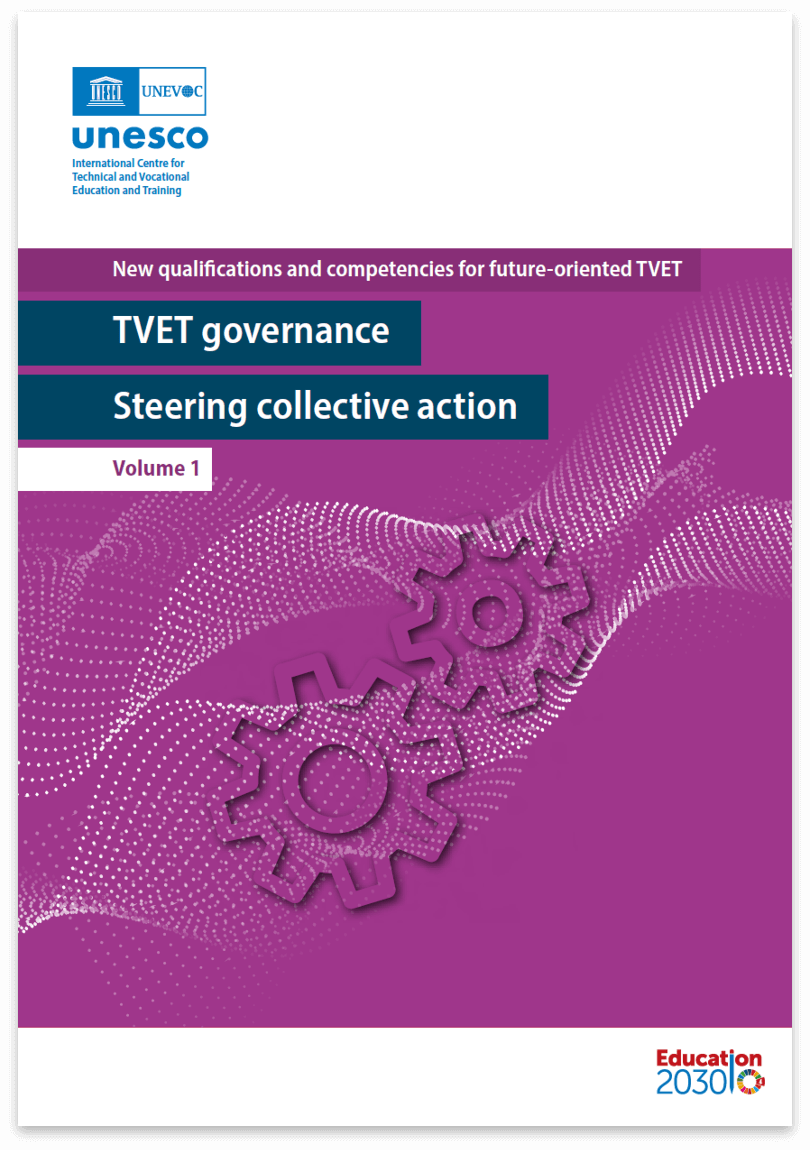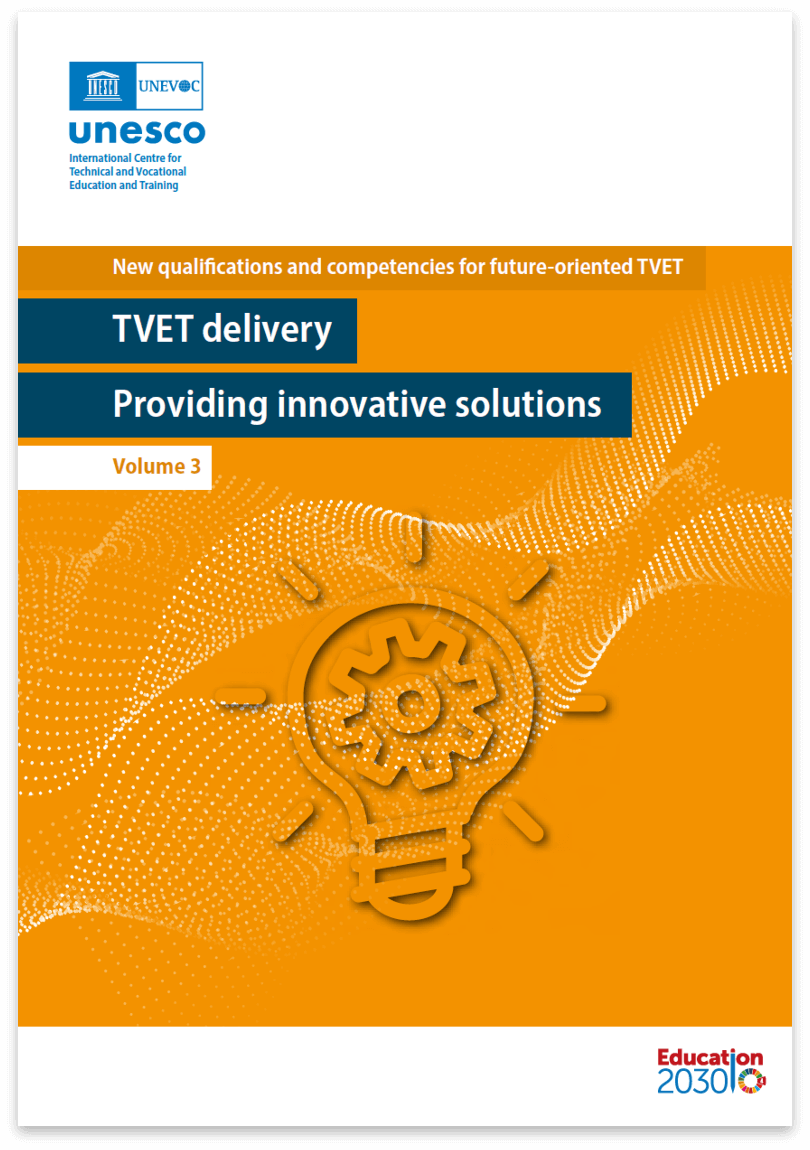Focus Themes: New Qualifications and Competencies | Greening | Digitalization | Entrepreneurship | Migration
Get involved: BILT community | Sign up | BILT events | Who we are
Knowledge Base: Innovative and Promising Practices | BILT Library | TVETipedia

AYA images/Shutterstock.com
Climate change, the Fourth Industrial Revolution, demographic shifts and migration are disrupting societies across the globe. This is making the world of work and the world of education increasingly complex, fluid and unpredictable. At the same time initial and continuing education and training both for young people and adults remain the key to improving livelihoods and developing a resilient labour force. The BILT project is focussed on what makes technical and vocational education and training (TVET) agile and responsive to the rapid speed of change: new qualifications and competencies.
TVET, the education sector closest to the world of work, is faced with particular challenges in preparing learners to adjust to and prosper in today's and the future labour market.
By becoming better at identifying, integrating and implementing new qualifications and competencies (NQC), TVET systems will be in a position to offer relevant education and training in the most effective learning settings. This will only be achieved with strong collaboration among stakeholders throughout society, from national governments to the smallest microenterprise.

The BILT project provides a platform to explore the process of identifying new qualifications and competencies in an efficient manner, integrating them into appealing curricula and training regulations, and implementing them through innovative pedagogical approaches. This is called the Three I's process.
The timely identification of NQC requires close involvement of multiple stakeholders, including social partners and the private sector to gain an understanding of the emerging skills needs. It also involves assessing labour market trends and other pertinent data to understand what NQC are relevant to learners and employers.
In the integration process, NQC must become part of national qualification frameworks in a flexible way that allows for intermediary exits to the labour market, converges with general education and recognizes learners' prior competencies.
At the implementation level, teachers and trainers need to be up to date about work trends and new teaching and learning methods. They must receive professional development opportunities to ensure they are at the cutting edge.
The publication 'New qualifications and competencies for future-oriented TVET systems' (UNESCO-UNEVOC, 2021) examines the Three I's process from the perspectives of diverse TVET-related institutions. It proposes solutions to their specific challenges, while offering a database of experiences and lessons from across the world.

Volume one, TVET governance: steering collective action, addresses ministries and statutory bodies with legally assigned duties in the governance of TVET.
Download
Volume two, TVET advocacy: ensuring multi-stakeholder participation, emphasizes the role of stakeholders operating in specific economic sectors, such as business membership organizations, trade unions, chambers of commerce, industry or crafts.
Download
Volume three, TVET delivery: providing innovative solutions, focuses on the role and contributions of TVET providers, including schools and companies.
DownloadBecause of the pivotal role of TVET providers in the effective delivery of NQC, the BILT project is developing a Self-Reflection Tool based on the findings from the 'New qualifications and competencies for future-oriented TVET systems' publication, especially those set out in volume three.
The tool aims to stimulate TVET providers to reflect on their preparedness to contribute to the Three I's process and on potential ways to improve their performance.
Find out moreThe BILT project is implemented by
with support of
and sponsored by